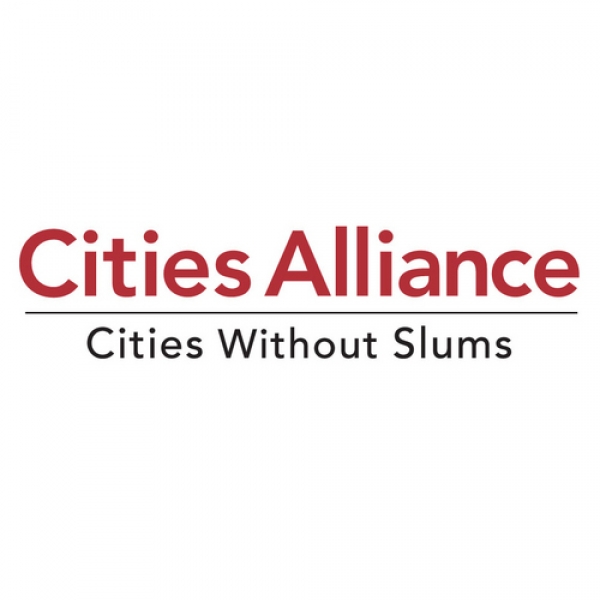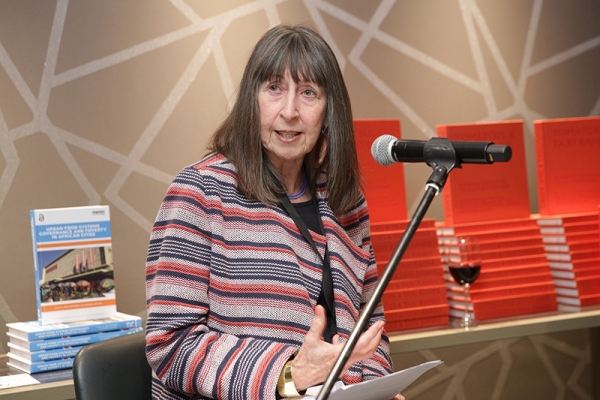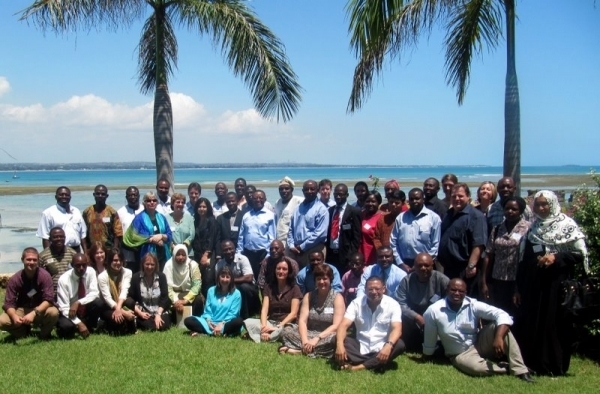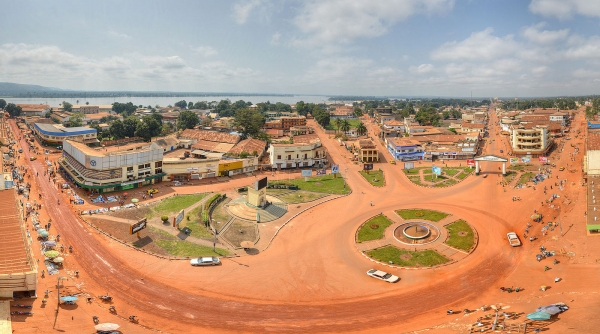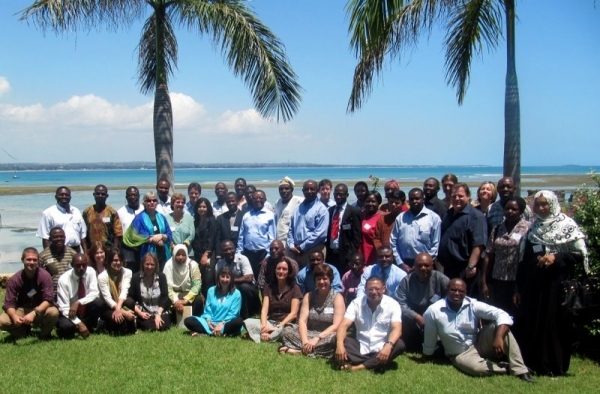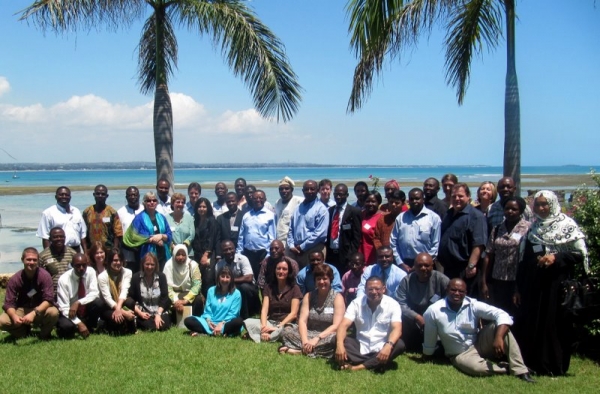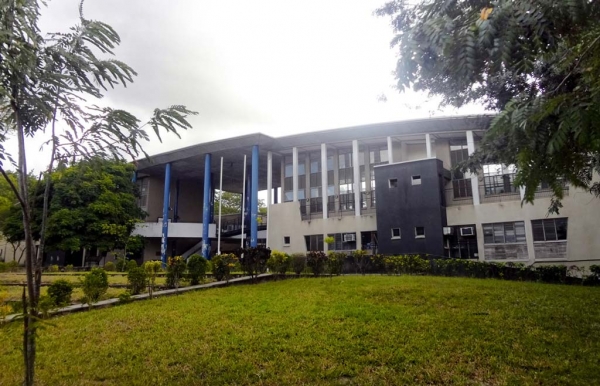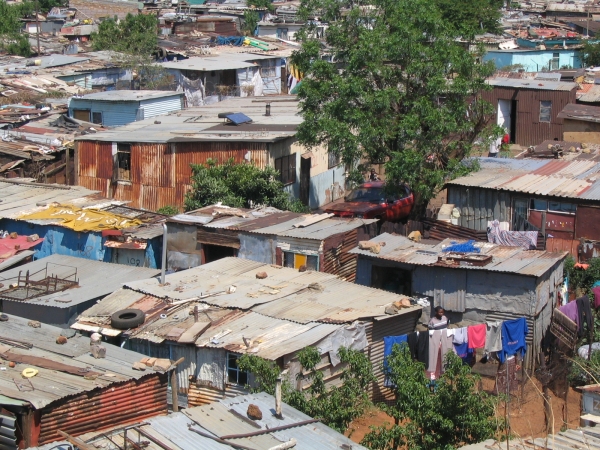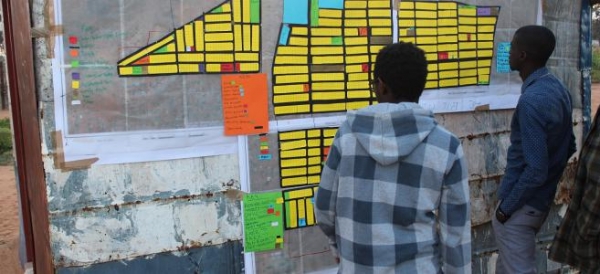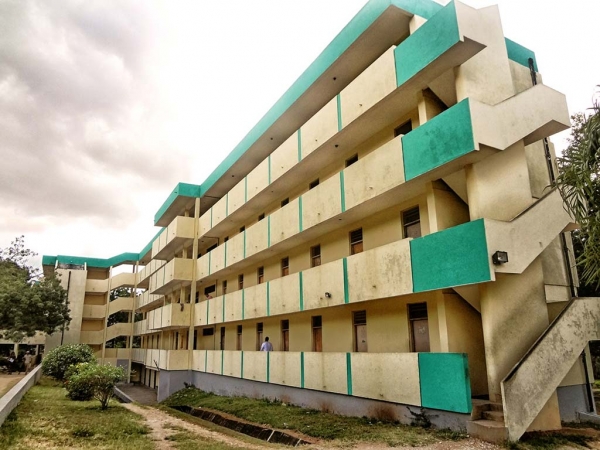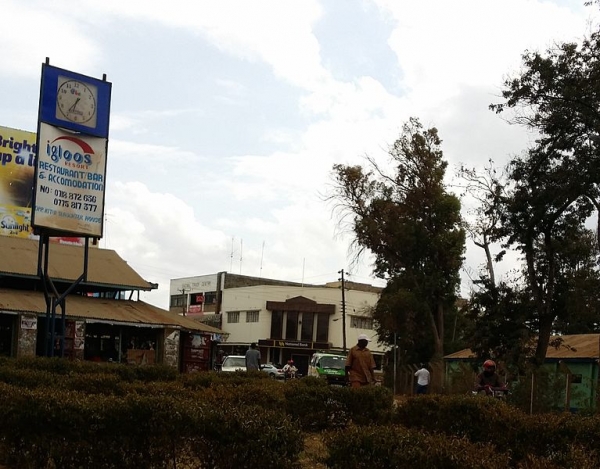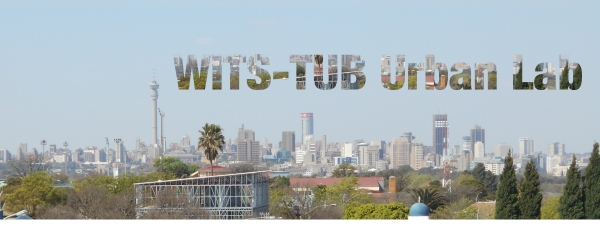Cities Alliance has issued a request for proposals for a research project on ‘The role of the informal economy in city growth in the context of Uganda’.
This research will be undertaken as part of the Future Cities Africa (FCA) project being run by Cities Alliance.
Funded by DFID, the FCA project aims to identify more effective ways to make cities work for the poor, with a focus on resilience and economic growth. Though the FCA project, the Cities Alliance supports over 20 cities in four African countries (Ethiopia, Ghana, Mozambique and Uganda) to anticipate and minimise future challenges in terms of climate, environment and natural resources – essentially giving them the diagnostic and tools to future proof themselves to become inclusive, resilient and have growing economies.
Beyond the development of technical assistance tools, the FCA project aims also at funding a comprehensive set of research products in the idea that scientific evidence is also required to help better contextualise and understand the institutional environment in which African Cities have to operate on a day-to-day basis. The lack of qualitative and quantitative data as well as related hypotheses and theories are key factors which undermine efforts to set up an effective research agenda able to influence the morphology, governance, resource consumption and economy of African cities and translate into adequate tools and policies for cities. The assignment therefore aims to fill theoretical and data gaps, improve the evidence base for selected African cities, compare this evidence with existing knowledge on rapid urbanisation and generate scientific solutions.
In this context, Cities Alliance has identified the need for further research on informality and economic growth in Uganda.
Please download the request for proposals document for further information on the project specifications and the proposal process.
Proposals are due by 20 October 2015.

